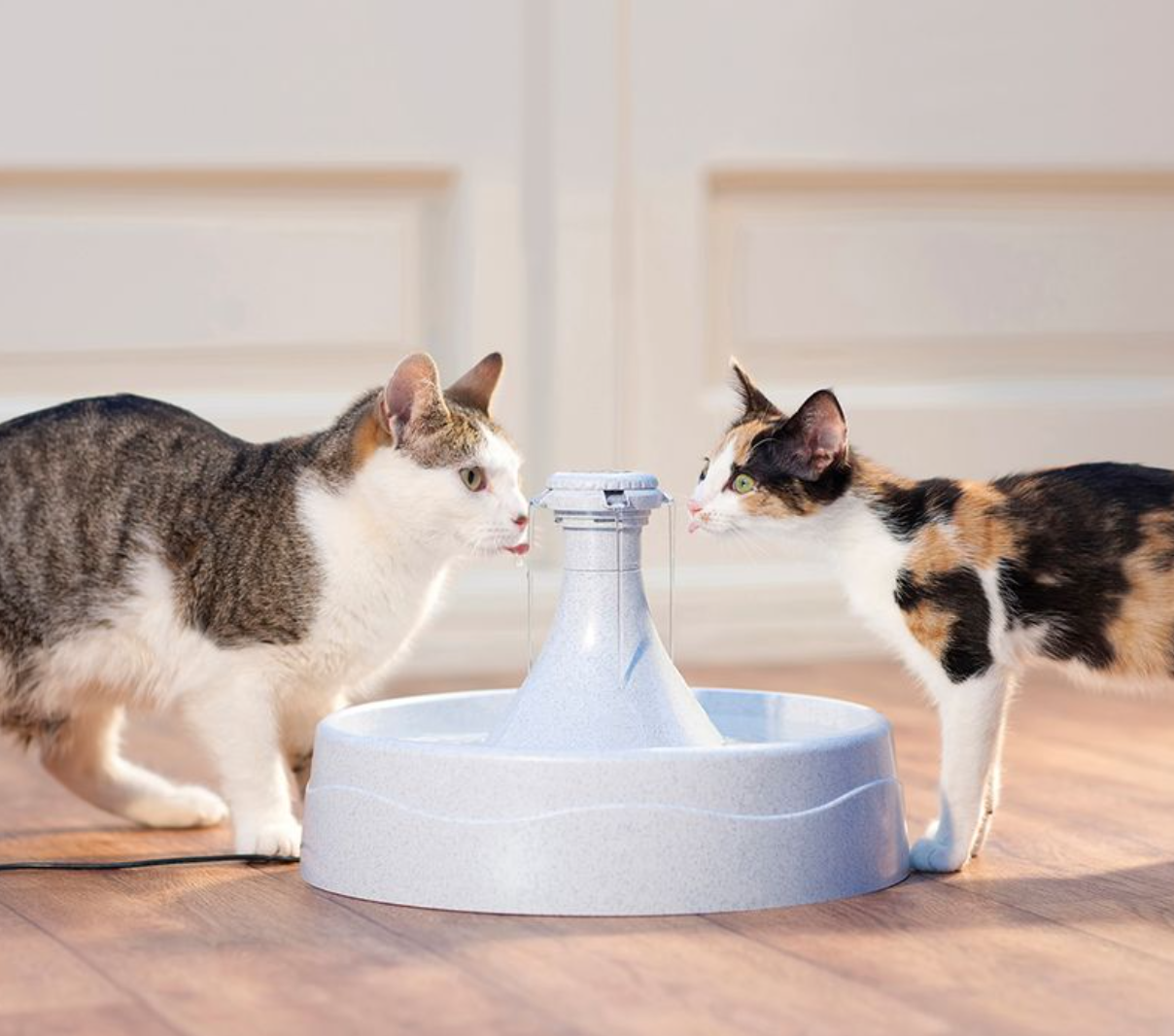Why do mother cats sometimes eat their kittens?
Understanding the behavior of cats, especially the instinctive actions of mother cats, can often be perplexing. In this article, we delve into the question of why mother cats sometimes eat their kittens, a phenomenon known as filial cannibalism.
Introduction
Cats are renowned for their nurturing and protective behavior towards their offspring. However, reports of mother cats sometimes consuming their kittens can be distressing to pet owners. Let's conduct a deep dive into the reasons behind this seemingly aberrant behavior.
The Cat Reproduction Cycle
Understanding a cat's reproductive cycle is crucial to comprehending why a mother cat might sometimes eat her kittens. Cats are known as seasonally polyestrous creatures, meaning they have multiple estrous cycles during certain times of the year.
What is Filial Cannibalism?
Filial cannibalism is the act of an animal consuming its own offspring. Although it might seem horrifying to humans, it's a relatively common behavior in many species, including cats.
*"Filial cannibalism is a natural behavior observed in many animal species, from insects to mammals. It is often triggered by environmental stressors or the health condition of the offspring." - Dr. Jane R. B. Smith, Animal Behaviorist
Common Reasons for Filial Cannibalism in Cats
There are several potential reasons why a mother cat might eat her kittens, including physical stress, environmental factors, health issues in the kittens, and inexperience of first-time mothers.
Physical Stress
Environmental Factors
Health Issues in Kittens
First-Time Mothers
Physical Stress
Physical stress is a common trigger for filial cannibalism. If a mother cat is malnourished or weak, she might resort to consuming her kittens to regain strength.
Environmental Factors
Cats are highly sensitive to their surroundings. A noisy, crowded, or unstable environment can cause a mother cat to eat her kittens out of stress or fear.
Health Issues in Kittens
A mother cat might eat her kitten if it's sick or weak. This behavior is driven by the instinct to keep the nest clean and protect the other kittens from potential infections.
First-Time Mothers
Inexperienced, first-time mother cats are more likely to eat their kittens, mainly due to confusion, stress, or a misguided attempt to care for their offspring.
Preventing Filial Cannibalism
Preventing filial cannibalism involves ensuring the mother cat's health, providing a safe and calm environment, monitoring the kittens' health, and giving the mother cat space and privacy.
When to Intervene
Intervening in a cat's natural behavior should be done cautiously. If you suspect that a mother cat is likely to harm her kittens, it's best to consult a veterinarian or an animal behaviorist.
Conclusion
While it can be deeply unsettling, filial cannibalism in cats is a natural behavior influenced by various factors. Understanding these factors can help cat owners better care for their pets and potentially prevent such incidents.
Why Do Mother Cats Sometimes Eat Their Kittens?
Although it seems quite contradictory to nurturing instincts, it's not uncommon for mother cats to sometimes eat their offspring. There are several reasons for this behavior rooted in survival and instinct - summary in our words of what Quora thinks
Mother cats may consume their kitten if it's stillborn or has birth defects. If the mother cat is malnourished or feels threatened, eating the kitten can also serve as a survival strategy.
Often, a mother cat requires a quiet, separate space, particularly if there are other animals around. The behavior can seem disturbing, but it is typically driven by protective instincts.
The practice of spaying and neutering of pets holds significance. Overpopulation leads to the euthanization of a large number of animals each year. Spaying and neutering also prevent birth complications and the birth of genetically defective kittens.
Bobtail cats specifically may face birth problems because their shortened spine, which is equivalent to the absence of a tail, can lead to birth complications.
The instinct of a mother cat is primarily to care for her kittens. If resources are scant, she might take the difficult decision of eating her kittens to provide sustenance for herself.
Cats usually eat stillborn kittens or take the smaller or weaker ones away from the litter when overwhelmed. It can seem cruel but it's largely a survival instinct rather than an act of malice.
Occasionally, a mother cat might eat healthy kittens due to stress. This is more likely in young, inexperienced mothers who have a higher possibility of rejecting their litter, and in older mothers with hormonal imbalances leading to rejection of their offspring.



































